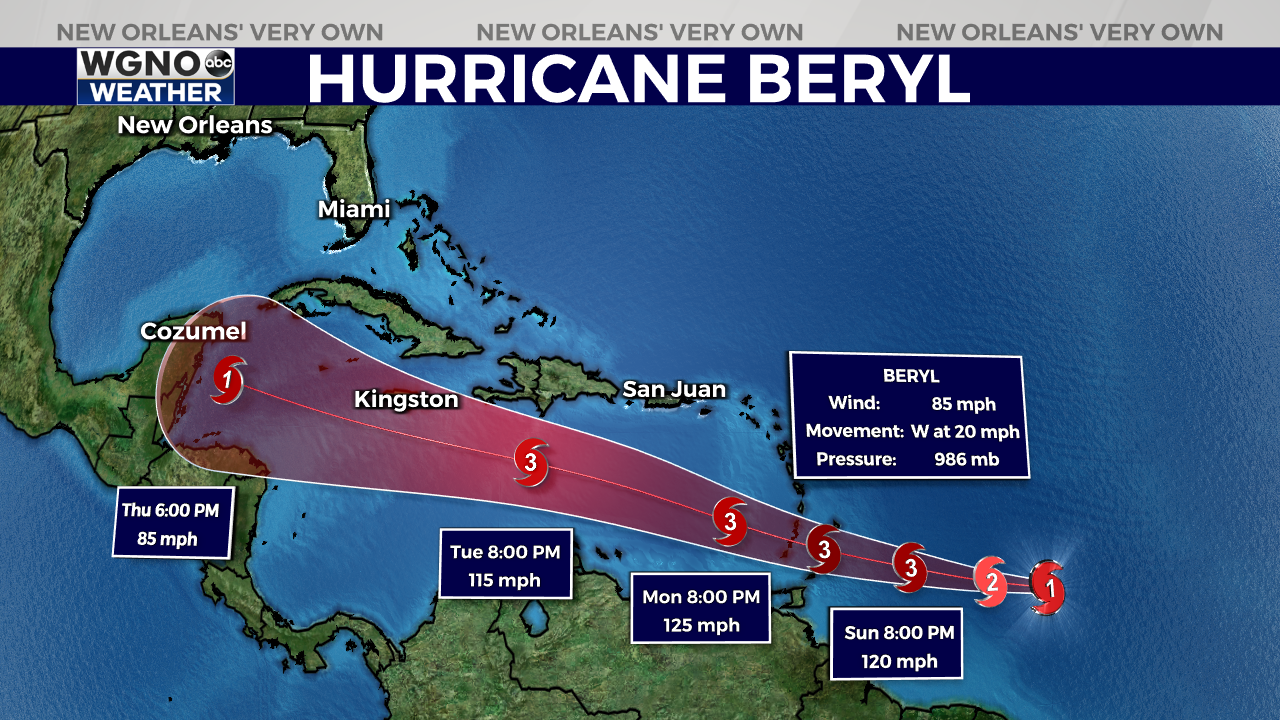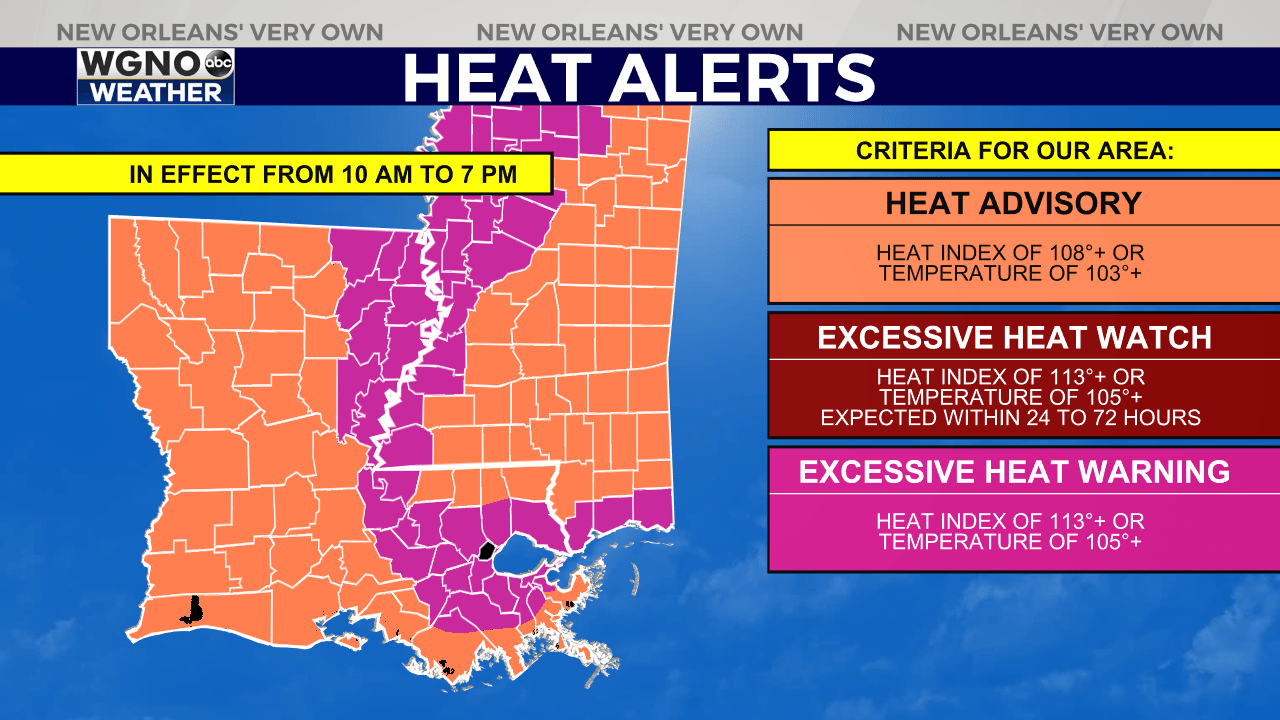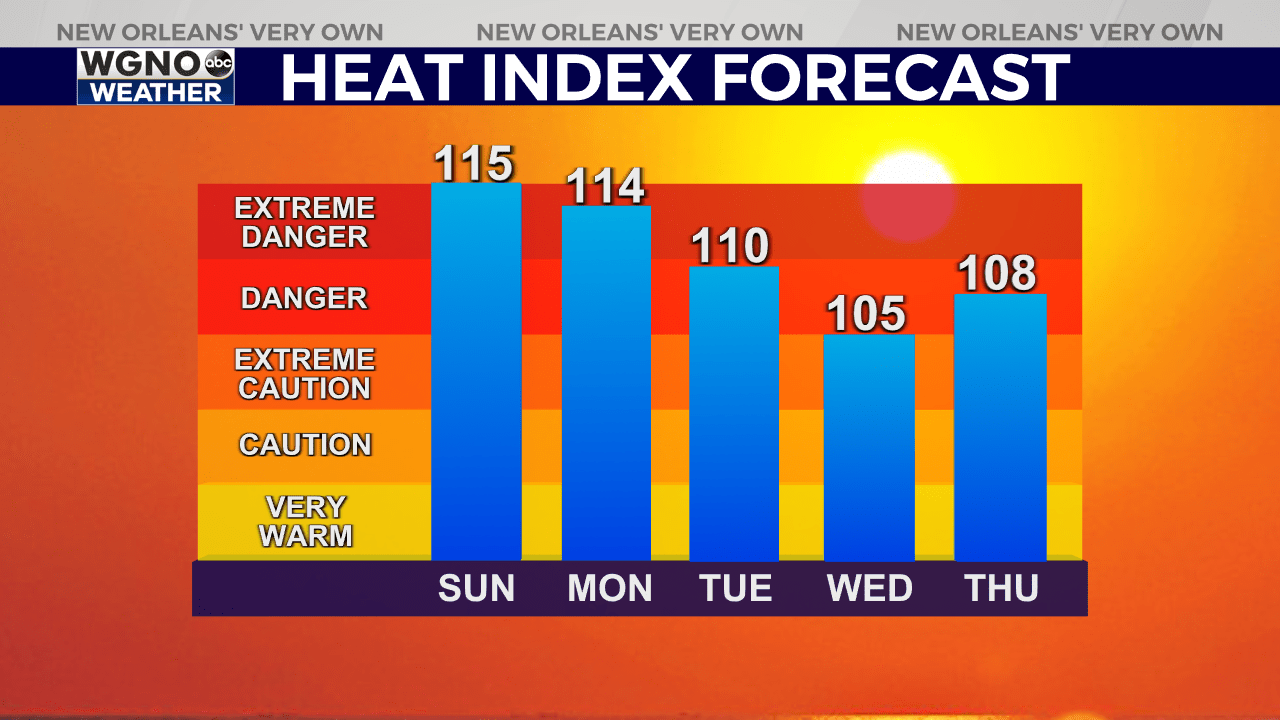NEW ORLEANS (WGNO) — Hurricane Beryl has rapidly intensified and is now classified as a hurricane, according to the National Hurricane Center (NHC).
This development comes as satellite images reveal the formation of a partial eyewall around Beryl’s center. The hurricane’s winds have been estimated at 85 mph, making it a compact but powerful storm with tropical-storm-force winds extending up to 60 miles from its center.
Hurricane Beryl’s Forecast
As Beryl progresses, it is anticipated to intensify further, potentially reaching major hurricane status before impacting the Windward Islands late Sunday night or early Monday. The NHC has issued Hurricane Watches and Warnings for much of the Windward Islands in anticipation of the storm’s arrival.

The NHC says that while forecasts provide guidance, there is still a significant degree of uncertainty regarding the exact path and intensity of the hurricane beyond the next few days.
As Hurricane Beryl advances, the NOAA and Air Force Reserve Hurricane Hunters are scheduled to investigate the storm to gather critical data that will aid in assessing its structure and strength. This information will be crucial for providing accurate forecasts and ensuring the safety of those in the storm’s path.
Gulf Coast Heat Wave
The National Weather Service in New Orleans has issued an excessive heat warning for parts of Southeastern Louisiana and Mississippi due to dangerously high heat and humidity levels.
- High Heat and Humidity: Afternoon temperatures are slightly above average, but the real concern is the extreme humidity. Dewpoints in the mid to upper 70s are creating very uncomfortable conditions.
- High Heat Index: This combination of heat and humidity results in a heat index – or “feels like” temperature – between 110 and 115 degrees Fahrenheit. Some areas might experience heat index values of 113 or higher.
- Limited Nighttime Cooling: The high humidity is also preventing temperatures from dropping much overnight, with lows struggling to fall below 80 degrees.

The elderly, young children, and those with illnesses are most at risk. The persistent overnight heat can be particularly harmful for those without proper air conditioning, making it difficult for their bodies to cool down.
It’s important to stay hydrated, avoid strenuous activities during peak heat hours, and check on neighbors, especially those who are vulnerable.

While there will be ample moisture for potential showers and storms, their onset will be delayed until mid to late afternoon due to high pressure in the area. Any storms that do develop could bring quick, heavy rainfall, with some areas potentially receiving over half an inch.
Stay up to date with the latest news, weather and sports by downloading the WGNO app on the Apple or Google Play stores and by subscribing to the WGNO newsletter.


